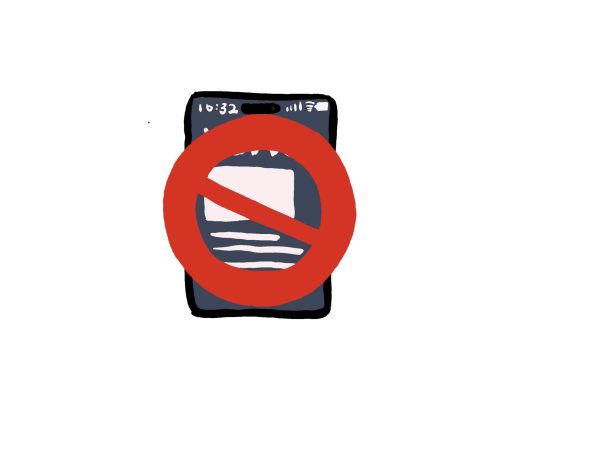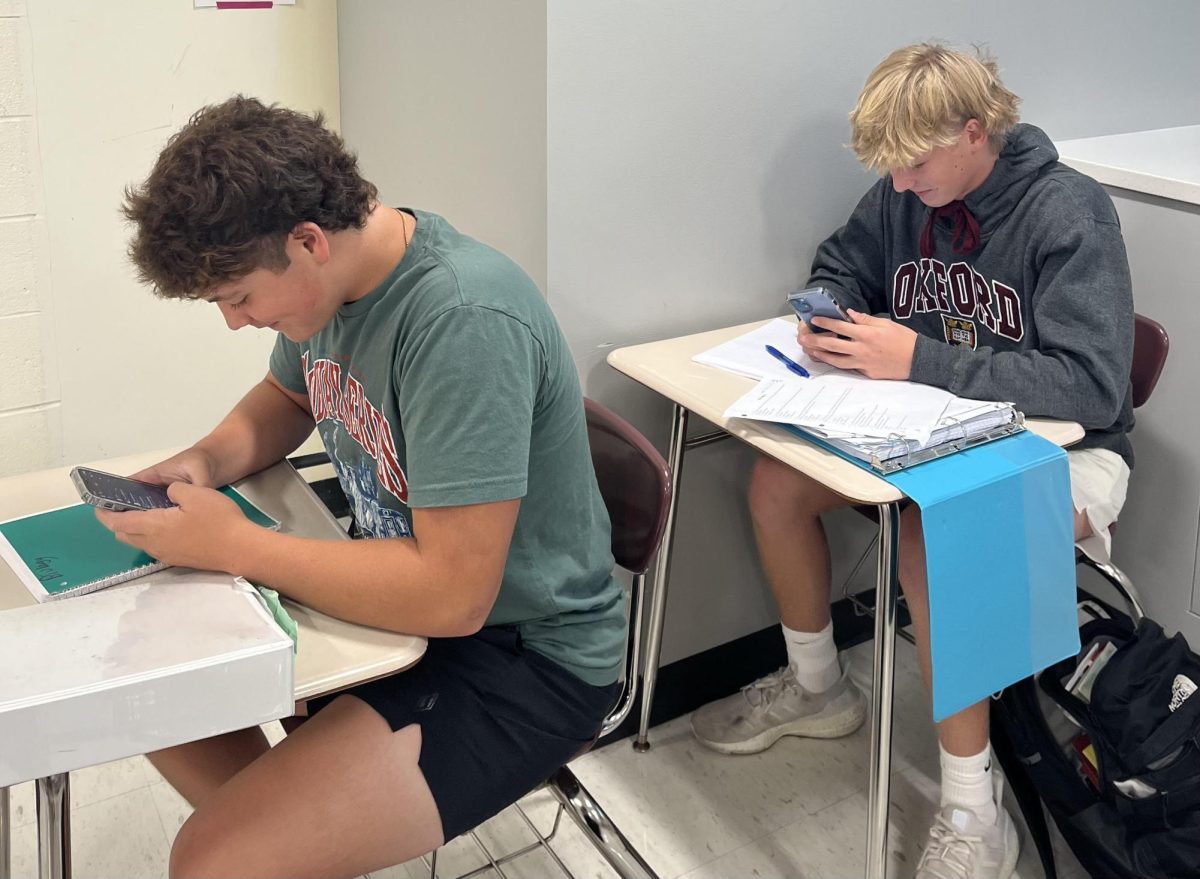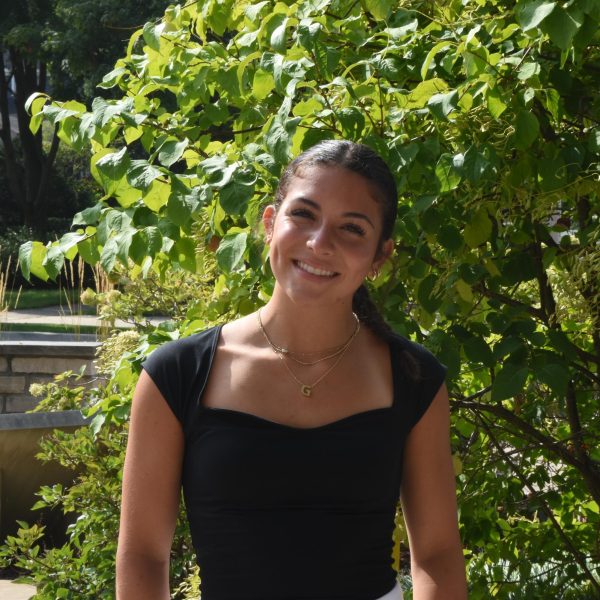District 99 has implememeted its first concrete rule for personal devices for the 2023-2024 school year. The BOE is now enforcing teachers’ jurisdiction for cell phone use in their classrooms, including penalties decided on by the teacher. This has sparked conversation amongst both students and staff about the effect cell phones have in an academic environment, and whether their use can or should be restricted.

Prior to the new policy, all consequences and rules in regard to phone use were at teachers’ discretion, however, certain actions were up for discussion and debate if a disagreement arose. This new policy change prevents these disputes by setting a precedent of the BOE’s support of teachers and their chosen application of the policy. In an email sent to students and parents Aug. 4, Principal Dr. Courtney Dement briefly outlined some of the reasons behind the policy change. Her explanation included hope for increased studend focus and acdemic success. Attached to the email was a link to the D99 Student Parent Handbook as well as an article titled “Healthy Digital Habits.” This article outlines pieces of advice for detaching adolescents from technology, as well as consequences of excess cell phone use.
“Over the years I have seen cell phones go from being a mild distraction to a place where they are debilitating for students,” science teacher Chris Conley said.
According to the article, the average 15-year-old spends nearly eight hours per day in front of a screen.
“I’ve spoken with students. They know that cell phones are a distraction,” English teacher Matthew Greaney said. “In this case, having clear guidelines is designed to ensure that students are able to maximize the academic opportunities available to them and help them develop life-long skills, including the ability to focus on a difficult problem for an extended period.”
Dean Tim Tilton has experienced a variety of changes this school year in regards to the BOE’s support in the new policy. His position plays a crucial role in the implementation and support of the new policy, as well as the discipline of students who violate the rules.
“I believe there has been an increasing concern over the years that students have become increasingly distracted by personal electronic usages during the school day and this policy is put in place to assist in more attention being available for learning,” Tilton said.
Tilton compares phone usage in class to a potentially similar situation in a professional setting.
“How many people would be ok with their bus driver being allowed to check their cell phone every time a notification comes in, or sign the paperwork that allows their doctor to receive and answer texts or Snap while performing your surgery?” Tilton said.
The primary goal of this policy is to enhance the academic experience of students. Greaney reported a change in behavior of his students after the policy was put into place as well as how it has affected his career.
“Students, on the whole, are far more focused and attentive. I’ve spent less time repeating directions and redirecting students to work,” Greaney said. “The more time I spend correcting behavior, the less I have to instruct material and work with students to master it. All of that unnecessary action takes time away from instruction…Individual corrections don’t take much time, but when you’re doing it dozens of times a day, the loss is tangible.”
The future of this policy is currently up in the air. As of now, it is still subject to adjustment and discussion as its application in classrooms transpires, and as administrators continue to receive feedback from students and staff.
“I haven’t seen much of a difference yet, “ junior Phoebe McLean said. “The enviornment seems pretty much equally productive as last year.”




